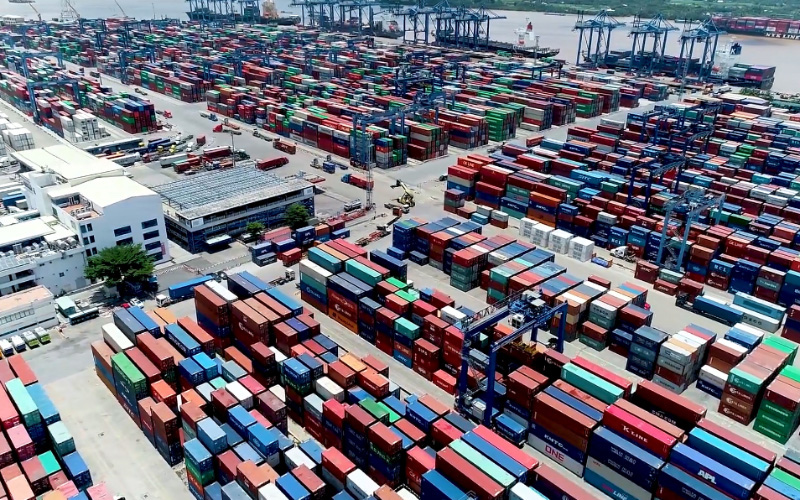Crisis as catalyst: Lingering COVID-19 risks
Global business leaders believed the wide-ranging impacts from the pandemic would continue to be felt not just for the next 12 months, but for the next several years.

Supply chains were stressed like never before, with trade corridors temporarily severed and manufacturing capacity greatly reduced.
In a globlal survey “Crisis as catalyst: Accelerating transformation”, Deloitte surveyed executives from 2,750 companies in 33 countries between January 21 and March 9, 2021. It also asked the respondents to rate their company’s status in implementing the seven elements of resilience on a scale of 1 (“No action planned”) to 5 (“fully developed”).
The said survey shows that the global COVID-19 pandemic has wreaked havoc on private businesses around the world and in nearly every sector. Supply chains – which 60 percent of our respondents believe need to be redesigned as a direct result of the pandemic – were stressed like never before, with trade corridors temporarily severed and manufacturing capacity greatly reduced. “As we predicted in COVID-19: The recovery of organizations and supply chains, many companies have brought supply networks closer, considering not just efficiency but also resilience and redundancy. They are using the crisis to better understand their interdependencies and increasing investments in areas such as digital supply networks to better anticipate, sense, and respond to unexpected changes”, Mr. Bui Tuan Minh, Deloitte Private Leader, Vietnam said.
The pandemic may have accelerated these efforts, but the benefits may take time to manifest, as the recent blockage of the Suez Canal illustrates. The issue, caused by a cargo ship that ran aground, delayed almost 400 ships, ensnaring some $10 billion a day in global trade and highlighting once again many businesses’ dependency on a wellfunctioning global supply chain.
“Our respondents believed the wide-ranging impacts from the pandemic would continue to be felt not just for the next 12 months, but for the next several years. They ranked COVID-related risks at the top of their concerns for both the next 12 and 36 months, with those in the Asia-Pacific region worried the most. Respondents in every region list government funding to offset the economic impact of the pandemic as the most important form of government assistance needed this year to facilitate growth”, Mr. Bui Tuan Minh shared.
The pandemic has not only broadened the number of risks that private businesses face, but it has also altered their nature, making some more difficult to measure and manage. While it’s relatively straightforward to assess and quantify the impact of a supply chain that has been compromised by COVID-19, some risks—such as changes in customer preferences—are harder to measure and mitigate and may have an even greater impact on corporate success.
This survey also pointed out five risks that businesses will face in the next 12- 36 months. The first one is the market impact of COVID-19 on demand for products and services. The second one is the operational impact of COVID-19: supply chain, HR, IT, delivery. The third one is the potential cyber-attacks and IT security. The fourth one is the increased market competition. The fifth one is the cost of raw materials and other input costs (including energy).

The Deloitte said, while COVID-related risks are front and center, leaders must be careful not to let others go unattended. They will still need to stay ahead of constantly evolving challenges like cyberattacks and increased market competition, and likely dedicate greater attention to environmental, social and governance (ESG) issues and the impact of climate change on their operations.
In the area of risk, we again see a divergence in perspective among companies based on their level of resilience. For example, highly resilient companies rate risks from cyberattacks, climate change, disintermediation, and geopolitical risks much higher than those with low resilience scores.








